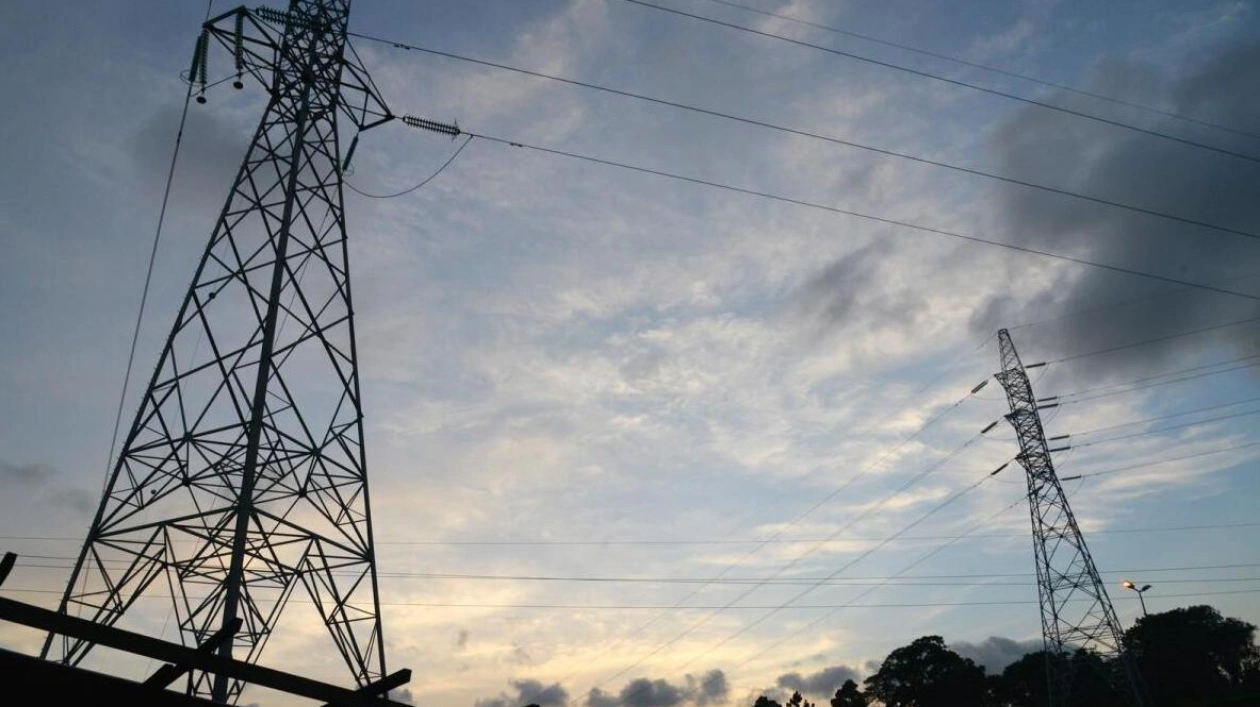The UAE's power demand is projected to rise significantly in the coming decades, fueled by urbanization, economic diversification, and the nation's aspiration to lead in sustainable energy, according to an industry expert. The UAE Energy Strategy 2050 targets a 70% reduction in the carbon footprint of power generation while boosting clean energy contributions. "With electricity demand on the rise, it is crucial to implement advanced grid infrastructure that supports both conventional and renewable energy sources," Dr. Mostafa AlGuezeri, Managing Director for the Gulf and Maghreb at Hitachi Energy, told Khaleej Times in an interview.
Global temperature increases are driving up worldwide electricity demand, particularly for cooling systems like air conditioning. The International Energy Agency (IEA) forecasts that cooling energy demand could triple by 2050 due to climate change, with the Middle East, including the UAE, being among the most affected regions. In the UAE, electricity demand surges during summer months due to extreme heat, placing significant stress on the power grid. "At Hitachi Energy, we envision electricity as the backbone of the entire energy system. By collaborating with stakeholders across sectors and regions, we facilitate the digital transformation necessary to expedite the energy transition towards a carbon-neutral future," AlGuezeri stated.
Hitachi Energy's Gulf Interconnection Project, which connects the GCC's electricity grids, has bolstered energy security by allowing power sharing across borders, thereby reducing reliance on individual national grids. AlGuezeri emphasized that alleviating the strain on electricity systems requires a comprehensive approach. "Firstly, energy efficiency must be enhanced on both the demand and consumption sides. This can be accomplished through the adoption of solutions that increase grid flexibility and those that dynamically manage consumption loads. Secondly, integrating renewables into the energy mix is vital. In the UAE, solar power holds substantial potential to meet high electricity demand during daylight hours. Hitachi Energy supports these initiatives with digital grid management solutions, power electronics, and advanced control systems that stabilize the grid during fluctuations in renewable energy supply," AlGuezeri explained.
The prospects for renewables in the UAE are promising, with investments planned in projects like the Mohammed bin Rashid Al Maktoum Solar Park, one of the world's largest solar power facilities. By 2050, the UAE aims to generate 50% of its electricity from clean energy sources. "At Hitachi Energy, we are honored to contribute to this ambitious goal. Our grid edge solutions and digital substation technologies are facilitating the more efficient integration of renewable energy into the national grid. As the UAE moves towards a sustainable energy future, we are dedicated to being a key partner. Together with our customers and partners, we are enabling a sustainable energy future for all, ensuring that electricity remains the backbone of the entire energy system," AlGuezeri concluded.
Source link: https://www.khaleejtimes.com






